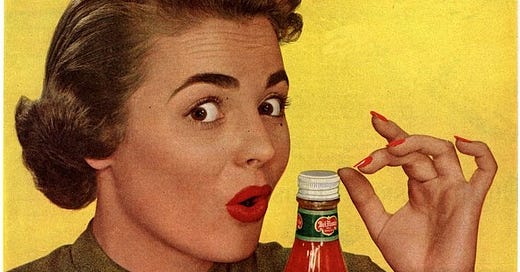Are women more emotional than men?
I used to believe this was spot-on. It’s what we were taught in school, what everyone seemed to think, and what life seemed to confirm.
If you’re a woman, odds are, the things you do will get slapped with labels like “emotional,” “irrational,” “overdramatic,” or “sensitive.” That’s the stereotype talking. But when a man shows the same kind of response? It’s “insightful” or “solid input.” Double standard much? Each of these labels reinforces the outdated narrative that men are cool, rational thinkers and women are somehow chaotic, emotional beings who can’t keep their feelings in check.
Let’s break that down for a second with some science. The idea that there are hardwired emotional differences between men and women? It’s shaky at best. Sure, we need more research, but we’re seeing more evidence that these so-called “differences” might just be a myth.
Our patriarchal society likes to box people in with traditional gender roles—men as stoic and women as emotional. And why? Because in this setup, anything tied to women and femininity gets devalued, dismissed, or outright discredited. It’s how sexism sticks around: by pretending that these rigid roles are natural or innate, we keep myths alive, stereotypes intact, and sexism thriving.
Time to call BS on that narrative.
The Negative Impact of Emotion-Centered Stereotypes
Here’s the problem with the idea that some people are “more emotional” than others—it screws everyone over. When we try to fit into these neat little boxes, we stifle our growth and lose touch with who we really are. Women get boxed out of power and opportunities, while men are taught to bottle up their feelings, which kills any chance of forming deep, meaningful connections.
It’s even worse for anyone who isn’t a cisgender man. Patriarchal societies around the world slam them with even heavier restrictions. Women, for instance, are “allowed” to be emotional—but only if it’s the right kind of emotion. Tears? Fine. But anger? Off-limits. It’s a trap, and it gets dangerous because these narrow ideas about what’s “acceptable” for each gender to express often lead to violence.
Final Thought
We all feel the pull to fit into these ridiculous moulds that stereotypes hand us, but let’s be real: they only cage us in. They stop us from expressing the full spectrum of our emotions in a healthy way.
Instead, be upfront with yourself about what you feel and express it as you see fit. Don’t shy away from asking for help if you need it. If someone has a problem with the way you display your emotions, that’s their hang-up—not yours.




